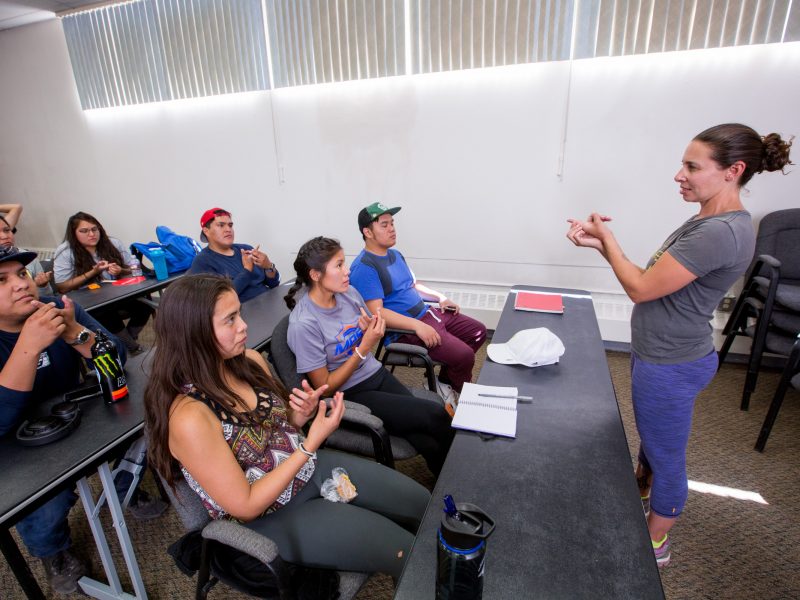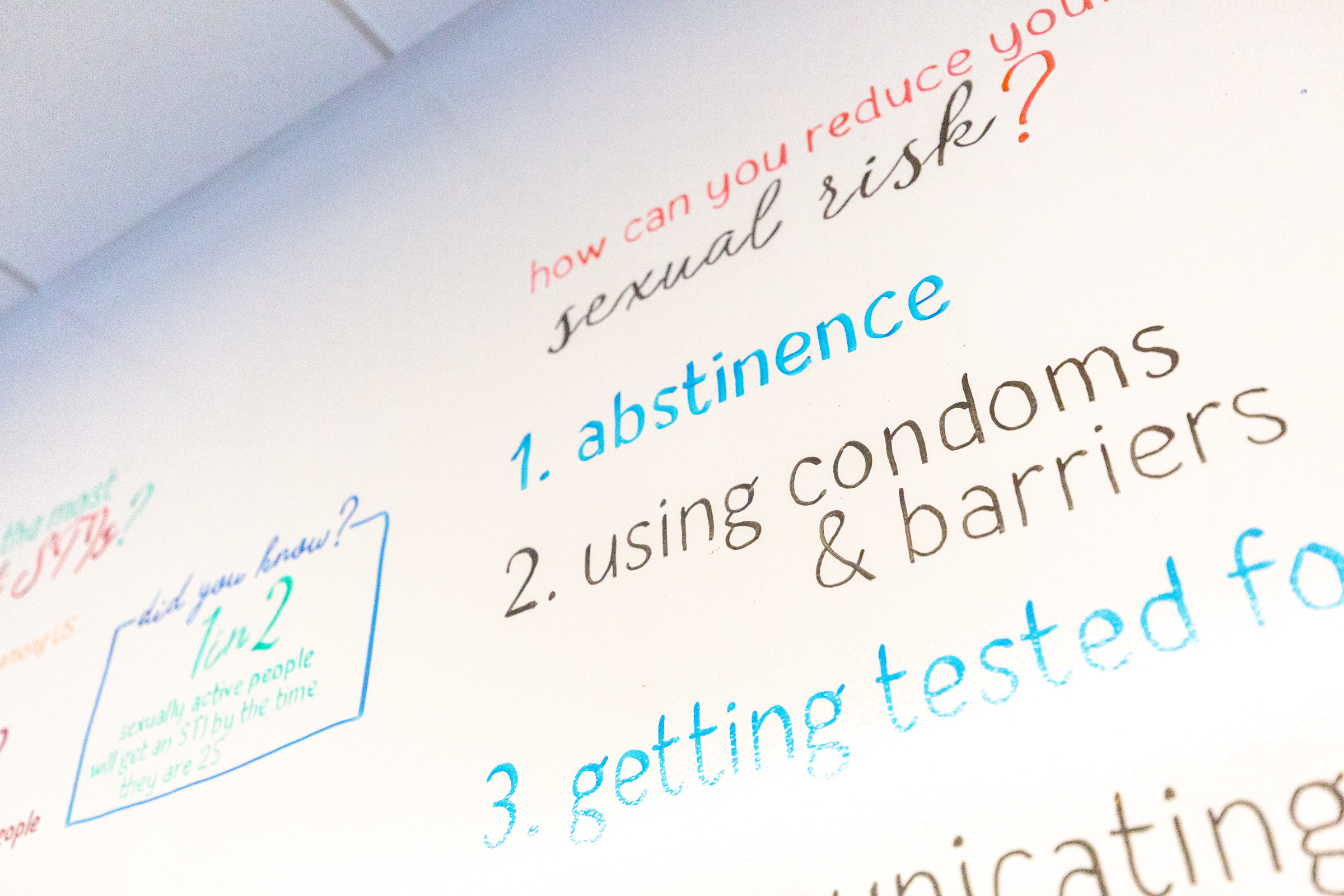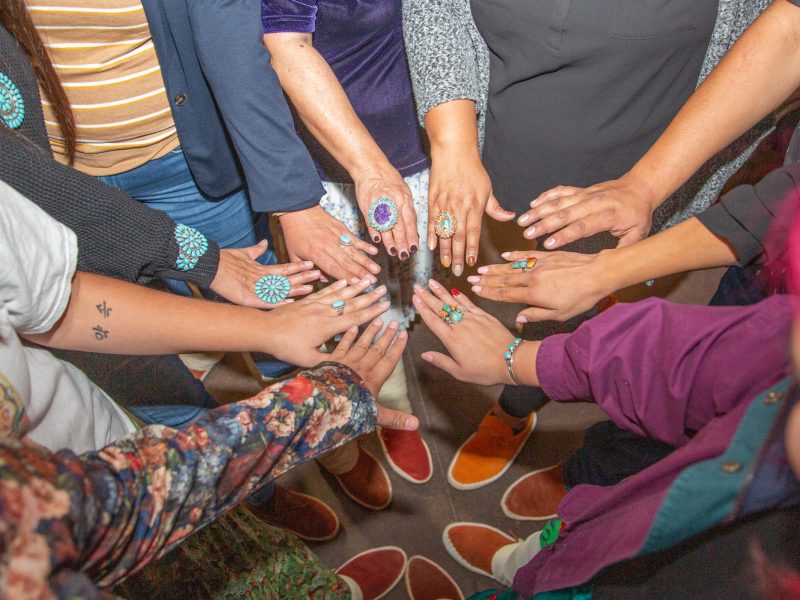Nen Unkumbi/Edahiyedo (“We Are Here Now”): Improving sexual and reproductive health in a Northern Plains American Indian Reservation Community
Addressing sexual and reproductive health disparities
American Indian (AI) youth face significant sexual and reproductive health (SRH) disparities compared to their non-Indigenous, white counterparts. These include higher rates of sexually transmitted infections (STIs), earlier sexual activity, higher teen birth rates, and reduced access to SRH services. Effective interventions must address the complex and multi-level factors influencing sexual risk behaviors in reservation communities.

The Nen Unkumbi/Edahiyedo Project
The Nen Unkumbi/Edahiyedo project aims to improve SRH outcomes for AI youth in a Northern Plains American Indian reservation community. This multi-level, multicomponent randomized controlled trial (RCT) addresses the various factors impacting SRH through a community-based participatory research framework.
Project design
Intervention components
Using ecological systems theory, the intervention includes:
- Individual level: Culturally specific SRH curriculum in schools
- Parental level: Education to improve parent-child communication about SRH and healthy relationships
- Community level: Cultural mentorship programs
- Systems level: Improved delivery of SRH services by reservation healthcare agencies
Research methodology
The study uses a stepped wedge design, integrating five reservation high schools into a five-year, cluster-randomized RCT. This approach ensures thorough evaluation and continuous improvement of the intervention.
Rationale and methods

Community-based participatory research
The intervention is rooted in community-based participatory research, ensuring that community members are active participants in the research process. This approach leverages existing community strengths and integrates traditional Indigenous knowledge with modern public health strategies.
Data collection and analysis
Detailed protocols for data collection and analysis are established to ensure robust and meaningful insights. The instrumentation and methods are designed to capture the effectiveness of the intervention across all levels.
Goals and impact
The primary goal of Nen Unkumbi/Edahiyedo is to reduce SRH disparities among AI youth. By integrating traditional Indigenous values with public health knowledge, the project aims to create sustainable improvements in SRH outcomes.
